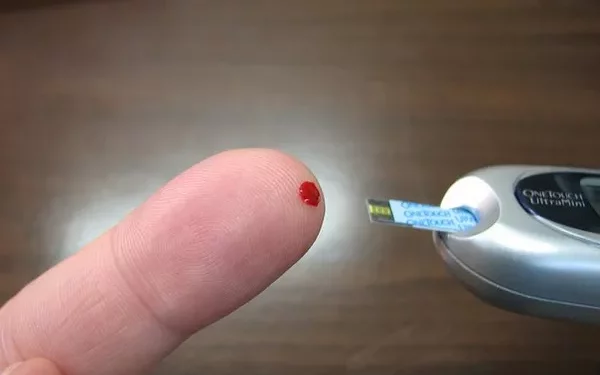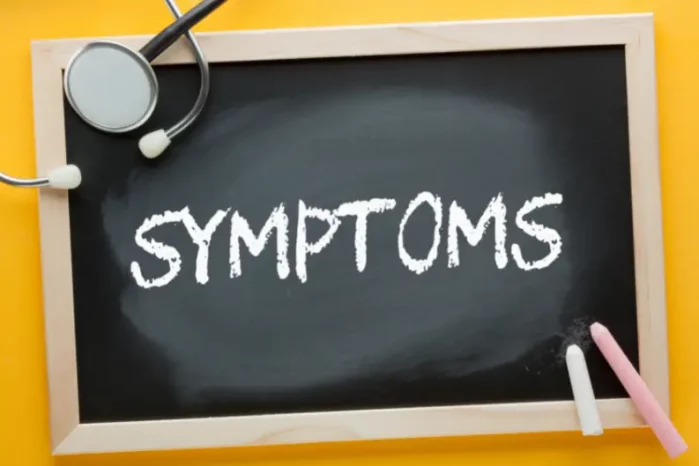Hypoglycemia, or low blood sugar, is a condition that can occur in individuals with diabetes or those who experience sudden drops in glucose levels for various reasons. One of the symptoms associated with hypoglycemia is a headache, which can significantly impact an individual’s well-being and daily functioning. Understanding what a hypoglycemia headache feels like, its causes, and how to manage it is crucial for effective diabetes management and overall health. This article provides a comprehensive overview of hypoglycemia headaches, including their symptoms, underlying mechanisms, and strategies for prevention and treatment.
Understanding Hypoglycemia
Definition and Causes
Hypoglycemia occurs when blood glucose levels fall below the normal range, typically defined as less than 70 mg/dL (3.9 mmol/L). It can be caused by various factors, including:
Excessive Insulin Administration: Overuse of insulin or other glucose-lowering medications.
Skipping or Delaying Meals: Inadequate carbohydrate intake or prolonged fasting.
Increased Physical Activity: Exercise that significantly lowers blood glucose levels.
Alcohol Consumption: Alcohol can interfere with glucose production and increase the risk of hypoglycemia.
Medical Conditions: Certain conditions, such as adrenal insufficiency or severe kidney disease, can affect blood glucose regulation.
Symptoms of Hypoglycemia
Hypoglycemia can present with a range of symptoms, which may vary in severity. Common symptoms include:
Shakiness or Tremors: Feeling jittery or experiencing trembling in the hands or body.
Sweating: Excessive perspiration without an obvious cause.
Palpitations: Rapid or irregular heartbeats.
Hunger: Intense cravings for food, particularly carbohydrate-rich foods.
Dizziness or Lightheadedness: Feeling faint or unsteady.
Characteristics of a Hypoglycemia Headache
Types of Headaches Associated with Hypoglycemia
Headaches related to hypoglycemia can vary in nature, but they generally share some common characteristics:
Dull or Throbbing Pain: Often described as a persistent, dull ache or throbbing pain that can be generalized or localized.
Pressure Sensation: Some individuals report a sensation of pressure or tightness around the forehead or temples.
Intensity: The pain can range from mild to severe and may worsen with ongoing hypoglycemia.
Associated Symptoms: Headaches may be accompanied by other hypoglycemic symptoms such as dizziness, nausea, or irritability.
Mechanisms Behind Hypoglycemia Headaches
The exact mechanisms behind hypoglycemia-induced headaches are not fully understood, but several factors may contribute:
Brain Glucose Deprivation: The brain relies on glucose as its primary energy source. When blood glucose levels drop, the brain’s ability to function optimally can be compromised, leading to headache pain.
Vascular Changes: Hypoglycemia may trigger changes in blood vessel tone or blood flow, contributing to headache symptoms.
Neurotransmitter Imbalance: Low blood sugar levels can affect the balance of neurotransmitters, such as serotonin, which may play a role in headache development.
Identifying and Diagnosing Hypoglycemia Headaches
Recognizing Symptoms
Identifying a hypoglycemia headache involves recognizing its association with low blood sugar levels. Symptoms often occur alongside other hypoglycemic signs. Key indicators include:
Timing: Headaches may develop during or after episodes of hypoglycemia.
Response to Glucose Intake: Relief from headache symptoms following the consumption of carbohydrates or glucose may suggest a hypoglycemia-related cause.
Diagnostic Approach
To diagnose a hypoglycemia headache, healthcare providers may:
Review Medical History: Assess the individual’s history of diabetes, insulin use, and patterns of hypoglycemia.
Monitor Blood Glucose Levels: Measure blood glucose levels during headache episodes to confirm hypoglycemia.
Evaluate Other Causes: Rule out other potential causes of headaches, such as migraines, tension-type headaches, or secondary conditions.
Managing and Preventing Hypoglycemia Headaches
Immediate Treatment
Immediate treatment of a hypoglycemia headache involves addressing the underlying low blood sugar:
Consume Carbohydrates: Ingest quick sources of glucose, such as glucose tablets, fruit juice, or sugary snacks, to raise blood sugar levels.
Recheck Blood Glucose: Monitor blood glucose levels to ensure they return to a normal range.
Long-Term Management
To prevent recurrent hypoglycemia headaches and manage overall blood glucose levels:
Adjust Insulin or Medication: Work with a healthcare provider to adjust insulin dosages or other medications to prevent excessive drops in blood sugar.
Monitor Blood Glucose Regularly: Use a blood glucose meter or continuous glucose monitoring (CGM) system to keep track of glucose levels and detect early signs of hypoglycemia.
Maintain a Balanced Diet: Follow a well-balanced diet with regular meals and snacks that include complex carbohydrates, proteins, and healthy fats.
Stay Hydrated: Drink plenty of water to help maintain hydration and support overall health.
Exercise Caution with Physical Activity: Monitor blood glucose levels before, during, and after exercise, and adjust food intake or insulin as needed.
Addressing Underlying Issues and Seeking Professional Help
Consulting Healthcare Providers
If hypoglycemia headaches are frequent or severe, consult a healthcare provider for a comprehensive evaluation:
Endocrinologist: Specializes in diabetes management and can help optimize insulin therapy and address hypoglycemia.
Dietitian: Provides guidance on dietary adjustments to maintain stable blood glucose levels.
Neurologist: Evaluates and treats other potential causes of headaches that may coexist with hypoglycemia.
Educational and Support Resources
Access educational resources and support groups for individuals with diabetes to enhance understanding and management of hypoglycemia:
Diabetes Education Programs: Offer information on blood glucose management, meal planning, and recognizing hypoglycemia symptoms.
Support Groups: Connect with others who experience similar challenges and share strategies for managing diabetes and preventing hypoglycemia.
Lifestyle and Behavioral Strategies
Creating a Hypoglycemia Management Plan
Develop a personalized management plan to prevent and address hypoglycemia:
Plan Meals and Snacks: Schedule regular meals and snacks to maintain stable blood sugar levels.
Adjust Insulin Doses: Work with healthcare providers to adjust insulin doses based on activity levels, stress, and other factors.
Monitor for Symptoms: Be vigilant for early signs of hypoglycemia and take corrective actions promptly.
Stress Management and Self-Care
Stress and other lifestyle factors can influence blood glucose levels and contribute to hypoglycemia:
Practice Stress-Relief Techniques: Engage in activities such as relaxation exercises, meditation, or hobbies to manage stress.
Prioritize Sleep: Ensure adequate rest to support overall health and glucose regulation.
Advances in Research and Technology
Technological Innovations
Recent advancements in diabetes technology offer new tools for managing blood glucose levels and preventing hypoglycemia:
Continuous Glucose Monitors (CGMs): Provide real-time glucose data and alert individuals to potential hypoglycemia before symptoms develop.
Insulin Pumps: Deliver insulin in precise amounts and can be programmed to adjust based on glucose levels.
Ongoing Research
Research continues to explore better ways to prevent and manage hypoglycemia:
Improved Insulin Formulations: Development of insulin formulations with faster onset and more predictable action to reduce hypoglycemic episodes.
Artificial Pancreas Systems: Combining CGMs and insulin pumps to automate glucose regulation and minimize the risk of hypoglycemia.
See also: What Is a Normal Blood Sugar Level for Type 1 Diabetes?
Conclusion
A hypoglycemia headache is a common symptom of low blood sugar and can significantly impact an individual’s well-being. Recognizing the characteristics of a hypoglycemia headache, understanding its underlying mechanisms, and implementing effective management strategies are essential for maintaining optimal health. Immediate treatment of low blood sugar, along with long-term strategies for prevention, can help alleviate headaches and improve overall quality of life.
Consulting with healthcare providers, utilizing diabetes technology, and adopting lifestyle modifications can enhance diabetes management and reduce the risk of hypoglycemia and associated headaches. By staying informed and proactive in managing blood glucose levels, individuals with diabetes can achieve better control and prevent complications associated with hypoglycemia.
Related topics:



























